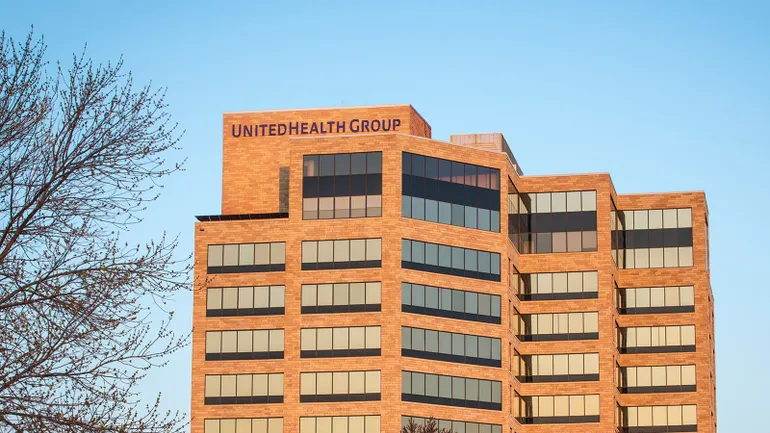Roche sticks with Parkinson’s drug despite second study failure


An experimental drug for Parkinson’s disease that Roche has been developing for more than a decade just flunked another key clinical trial.
But in spite of those failures, the drug’s future isn’t clear. Roche’s Chief Medical Officer, Levi Garraway, said in a statement Thursday there were enough positive signs in the latest results to “merit further exploration.” The Swiss pharmaceutical giant plans to present those results at an upcoming medical meeting, and in the meantime will further evaluate the data and work with health authorities to determine next steps for the program.
Roche gained access to the drug, now called prasinezumab, more than a decade ago, through a collaboration agreement with its original developer, Prothena. Roche offered $45 million on the front end and up to $600 million overall, and agreed to shoulder the majority of the costs associated with research and commercialization. In exchange, it would get 70% of any resulting profits.
So far, prasinezumab has yet to notch a clear victory in clinical testing. A trial titled “PASADENA” enrolled a little over 300 participants with early Parkinson’s and compared two different doses of the drug against a placebo. Results from the study, which were published in The New England Journal of Medicine in 2022, found the drug was not significantly better at slowing the progression of the disease.
A second, larger Phase 2 experiment has now found the same. The “PADOVA” trial enrolled 586 participants, who were evaluated for a minimum of 18 months while on “stable” treatment for their Parkinson’s symptoms. According to Roche, prasinezumab had a positive effect — a roughly 16% numerical benefit on the study’s main goal of slowing the decline in patients’ motor functions — but it did not significantly outperform the placebo group.
However, Roche said the drug’s effect was more pronounced among the 75% of participants who were also taking levodopa, the most common medicine used to treat Parkinson’s motor symptoms. And there were “consistent positive trends” across “multiple” other study objectives.
While Roche parses through this data, it plans to continue two follow-on studies from PASADENA and PADOVA, in which all participants receive prasinezumab.
This stance from Roche may explain why, despite the trial’s outcome, shares of Prothena were up 34% Thursday afternoon, to trade at just over $16 apiece.
Analysts viewed Roche’s study, like many neuroscience experiments, as high-risk, high-reward, and therefore say they weren’t surprised by the failure. Still, the “signals of activity clearly keeping some hope alive for the program likely exceeded [Wall Street’s] expectations and justify some stock rebound on this news,” wrote Brian Abrahams, an analyst at RBC Capital Markets who covers Prothena, in a note to clients.
Abrahams argues that Roche’s results suggest a separate study, with a “patient population enriched for levodopa use” could set prasinezumab up for success. Yet, going down that path might limit the drug’s total addressable population and peak sales opportunity, which “may already be capped” by its “somewhat modest efficacy” and it being given as an intravenous infusion.
Prasinezumab is an antibody drug designed to latch onto aggregates of a protein that, according to research, can cause Parkinson’s if it folds improperly. Many big swings at Parkinson’s, from powerful companies ranging from AstraZeneca to Sanofi to AbbVie, have revolved around this “alpha synuclein” protein. Success remains elusive, though. Just this week, Belgian drugmaker UCB announced that a Parkinson’s medicine it’s been developing with Novartis failed in “proof-of-concept” testing.
This post has been syndicated from a third-party source. View the original article here.




